Recently on Facebook, I got a message from a colleague:
You help people write for full expression. Do I have that right? If so, what are the benefits of writing expressively? I have a client I think may benefit.”
After writing seven books, I started writing expressively on January 3, 2017. I had a few personal setbacks and needed to work through the various emotions that were chaotically circulating through my soul.
The health benefits of expressive writing have been researched by Dr. James W. Pennebaker. Expressive writing, also known as writing therapy, is the art of writing without editing or censoring yourself. You simply write everything and anything that comes to mind. I take participants in my 21-Day Write Early Challenge through this process.
Aside from Dr. Pennebaker’s research on how expressive writing can be used to heal deep seated wounds, here’s my perspective on the five reasons you must wake up early and write expressively.
Reason #1 – You heal historical and personal trauma
My first degree (well, my only degree because I didn’t finish my second one) is in history. I consider myself a social historian. I pretty much study lived experiences from the past.
This is necessary because if we understand how our ancestors lived in the past, we can get clues into how we act today. Getting in touch with both the good things our ancestors passed on to us and the negative things we’ve inherited is the first step towards healing.
Some believe that historical trauma – also known as generational curses, inter-generational trauma, or family karma – is passed on at the cellular level (otherwise known as the study of epigenics). Others believe that historical trauma is patterns, words, and behaviours passed on from one generation to the next. For example:
- If you have a history of slavery in your bloodline, your parents passed on habits around how they manage money that they learned from their parents and so on.
- If your ancestors were survivors of the Holocaust, there are messages that have been passed on that dictate how you make decisions today.
- If your ancestors lived in a country with constant political instability, they have passed on a distrust of authority.
Expressive writing can help in bringing up these generational wounds. You write looking through your ancestor’s eyes. You ask the hard questions, but you do so with an understanding of the time period they were living in.
The outcome? You build up your empathy muscles. Instead of feeling shame around your ancestor’s choices, you come from a place of compassion knowing that they did what they did with the tools that they had during a very challenging time. Compassion for your ancestor means you build compassion for yourself.
Reason #2 – You leave a literary legacy
During the 21-Day Write Early Challenge, I deliver daily teaching gems to keep participants motivated.
Towards the end of the challenge, I tell the story of Albert Clark. He inherited the literary estate of a popular children’s author. The author had no children of her own, so she bequeathed her books and other writings to Clark, who was the child of her best friend. To date, Clark has earned millions of dollars in royalties from the estate.
When childless participants read this, they’re encouraged. Their spirits are lifted. Society shames women into feeling bad about not having children. The decision to have or not have children is based on many different reasons, and one should not judge their decision. Thus, some of us are not able to leave a lineage legacy – a line of children and grandchildren.
And because women tend to outlive and under earn men, many won’t be able to leave a luxury assets legacy, a collection of real estate, material possessions, or heirlooms which hold monetary value.
Expressive writing helps you build a body of literary work. Participants in the 21-Day Write Early Challenge write, on average, 928-words per day. This works out to just under 19,500 words at the end of the challenge. That means that you can plan on leaving a literary legacy so that your estate can continue to publish your body of work should you run out of time. This is what J.R.R. Tolkien, Debbie Ford, and Stephen Covey did. They have all passed on, but their literary legacies live on.
Reason #3 – You take control of your economic agency
As I shared above, I started writing expressively on January 3, 2017. To date, I’ve written just over 300,000 words. What I didn’t mention is that I get up at 4:30am to do my writing.
Julia Cameron, in her book entitled The Artist’s Way, calls this practice morning pages. She suggests getting up 60-minutes earlier than you normally do and writing, at minimum, 750-words.
On average, it takes 30-minutes to handwrite 750-words. I type my thoughts up using 750words.com and I find it takes me less than 20-minutes to get to that word count. Whether you choose pen and paper, or keyboard and screen doesn’t matter. What does is getting into the daily practice of writing expressively.
There is a historical reason why I get up early to write. My ancestors woke at 4:30am, not to work on their own stuff, but to work on someone else’s wealth. On top of that, they were not taught to read and write. So, my waking early to write is an act of resistance.
By writing expressively very early in the morning, you write during a time of the day that you most control. Most of the people in your timezone and household are still asleep. So, when you write early in the morning, you produce writing which can then be monetized. Even if you work for someone else, you can take control of your economic agency by writing at a time when your boss is still sleeping.
Reason #4 – You uncover the true you
As a social historian, I know how powerful it can be to uncover bits of your past and discover who is in your bloodline. Sometimes, families claim their ancestral roots proudly. Other times, they want to fiercely keep their roots a secret. We then wear a mask so that other cannot see our true identity.
This is illustrated perfectly in the children’s book called The Bear That Wasn’t, written by Frank Tashlin. This book illustrates what can happen when hide an aspect of our identity and let others define who we are. Watch the 5-minute video for yourself:
[easyembed field=”video1″]
I’ve found that expressively writing can help us uncover the true us. Or, more accurately, the true you.
- You start to peel away all the masks you wear.
- You begin to shun the stereotypes that have been thrust upon you.
- You shed the expectations that others have placed upon you.
- You get in touch with the younger version of yourself, the you who reminds you of your dreams before you became the you whom others tolerate (I wrote about Little Leesa in this blog post).
When writing expressively, you write without censoring or editing yourself, thus you write with complete freedom. You also have permission to hurt someone through your words since they will never read what you’ve written anyways. You can express your anger, rage, and frustrations through your words, knowing that the word chaos is bringing you closer to clarity.
Reason #5 – You connect powerfully with the Divine
According to Chinese medicine, if you wake between 3am and 5am, this is the Divine trying to get your attention. Here’s the video explaining what wake up times mean:
[easyembed field=”video”]
If you’re confused about the direction to take, if your purpose is still unclear, or if you need divinely-inspired guidance, writing expressively between the hours of 3am and 5am helps.
When I write expressively, it’s a connection between myself, my soul, and God. It’s like I experience my own personal trinity while writing early in the morning.
I also enjoy seeing what my soul is saying. This quote was inspired by my early morning expressive writing sessions:
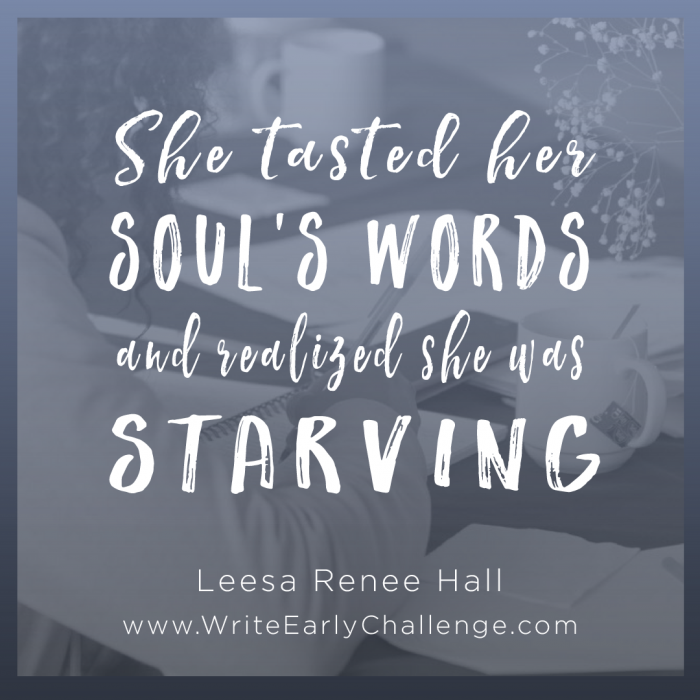
To fill my hunger, I wake early and write expressively. To wake early, I have to go to bed early. Sleep is sacred to me because there’s a history of sleeplessness in my bloodline due to slavery. My ancestors could not enjoy a quality of sleep for many reasons. Therefore, I know that by getting seven hours of sleep a night, I’m doing what my ancestors could not. So, I fiercely protect my bedtime.
Writing expressively gives God the space to direct your soul on what to say. There are few, if any, distractions at that time in the morning. You are simply a recorder, writing down everything and anything the Divine has fed through your soul.
What’s next?
Expressive writing is a wonderful way to help you heal historical and personal trauma, leave a literary legacy, take control of your economic agency, uncover the true you, and connect powerfully with the Divine.
You can start the process of writing expressively on your own. If you want to make expressive writing a daily practice where I, and dozens of others, hold you accountable, click here to check out the 21-Day Write Early Challenge. Held three times per year, you’ll get into the daily habit of writing, at minimum, 750-words at 4:30am in your timezone.
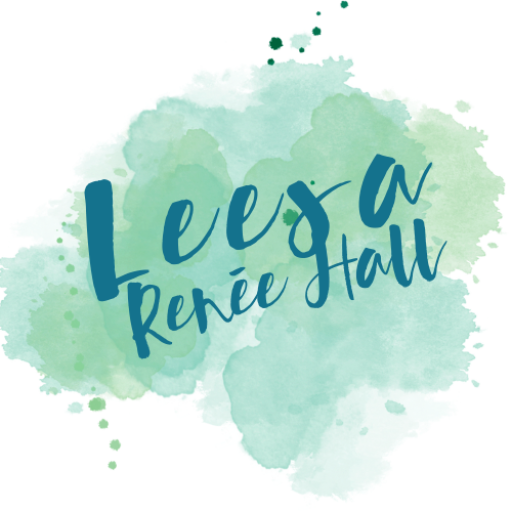
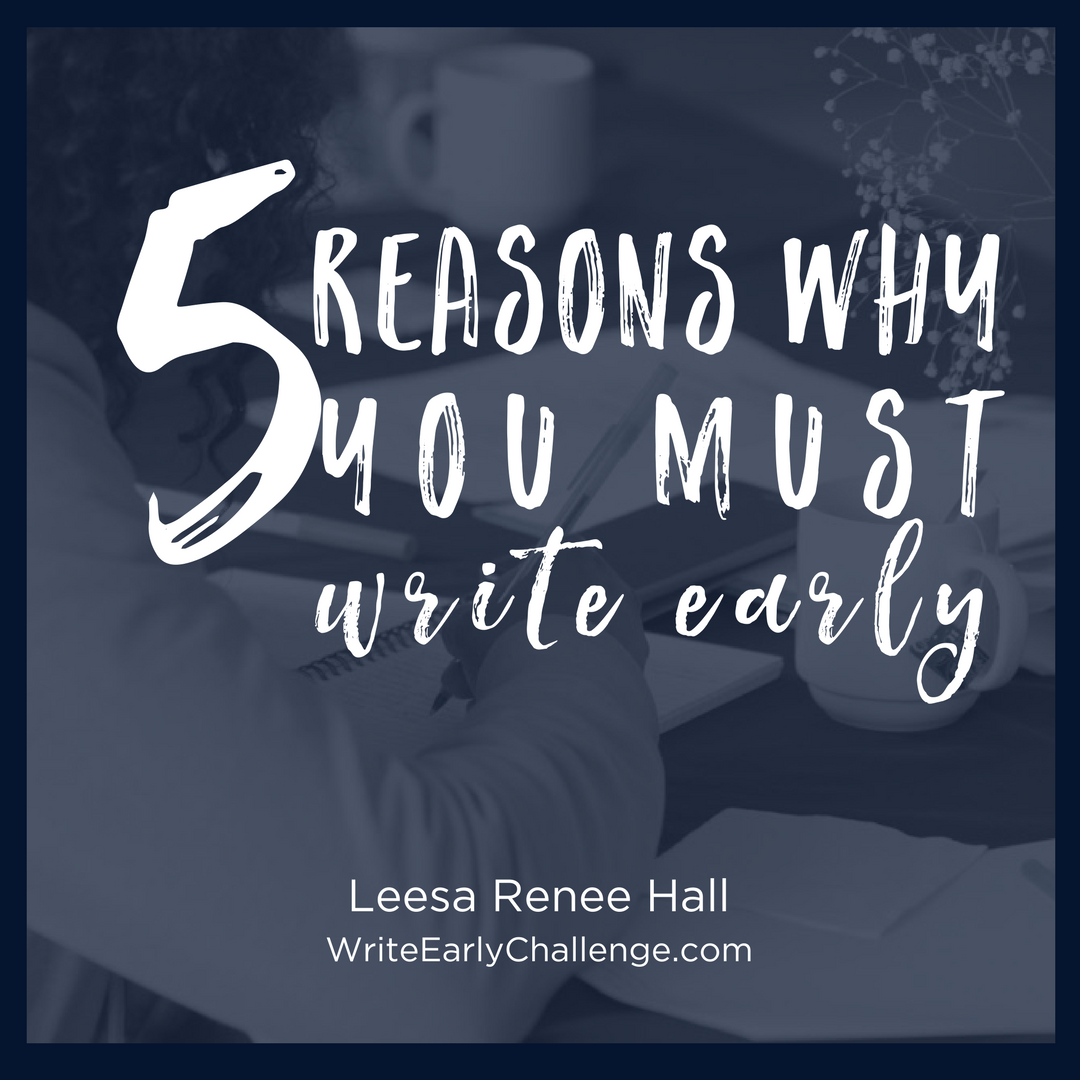
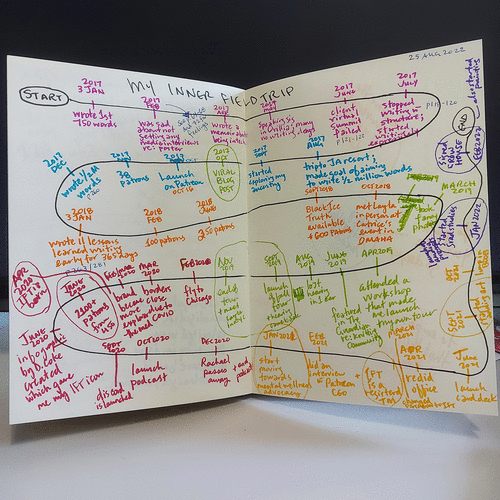
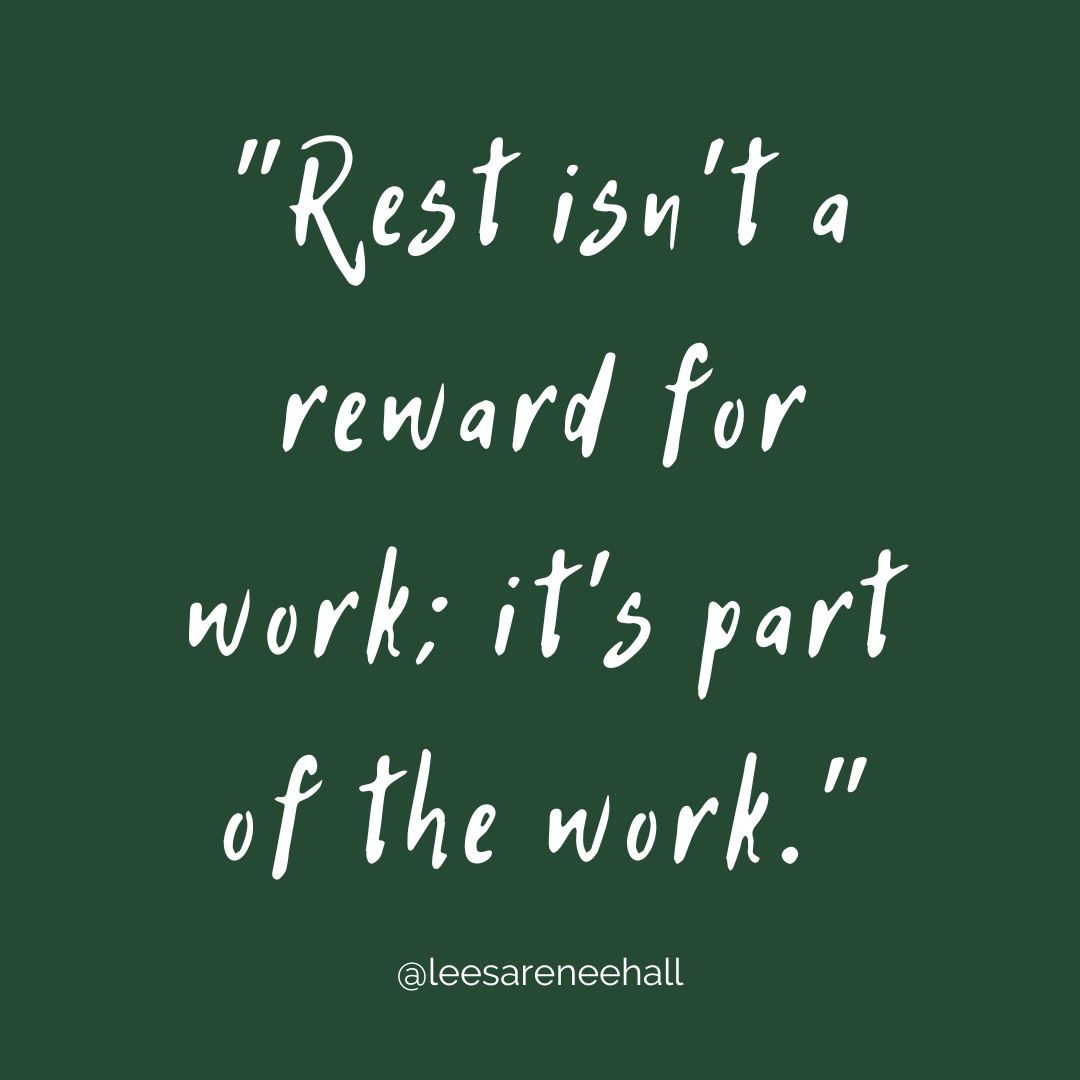

0 Comments